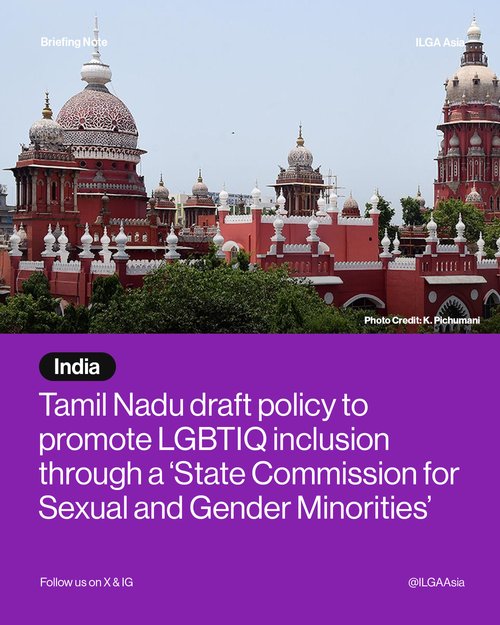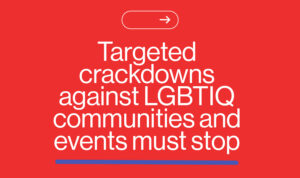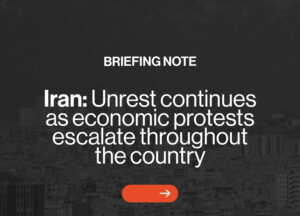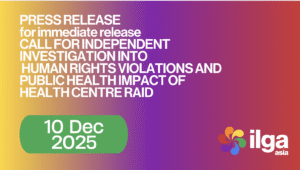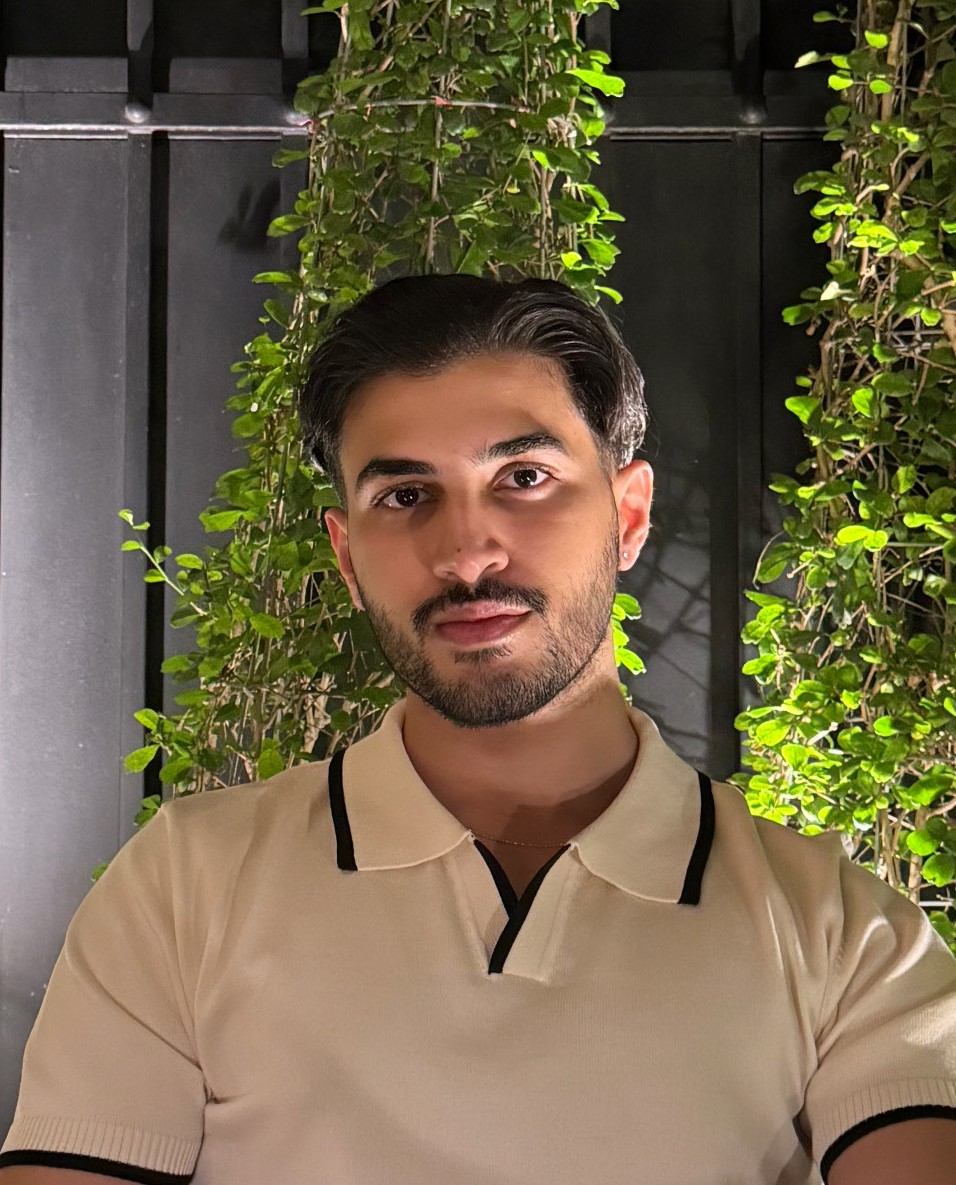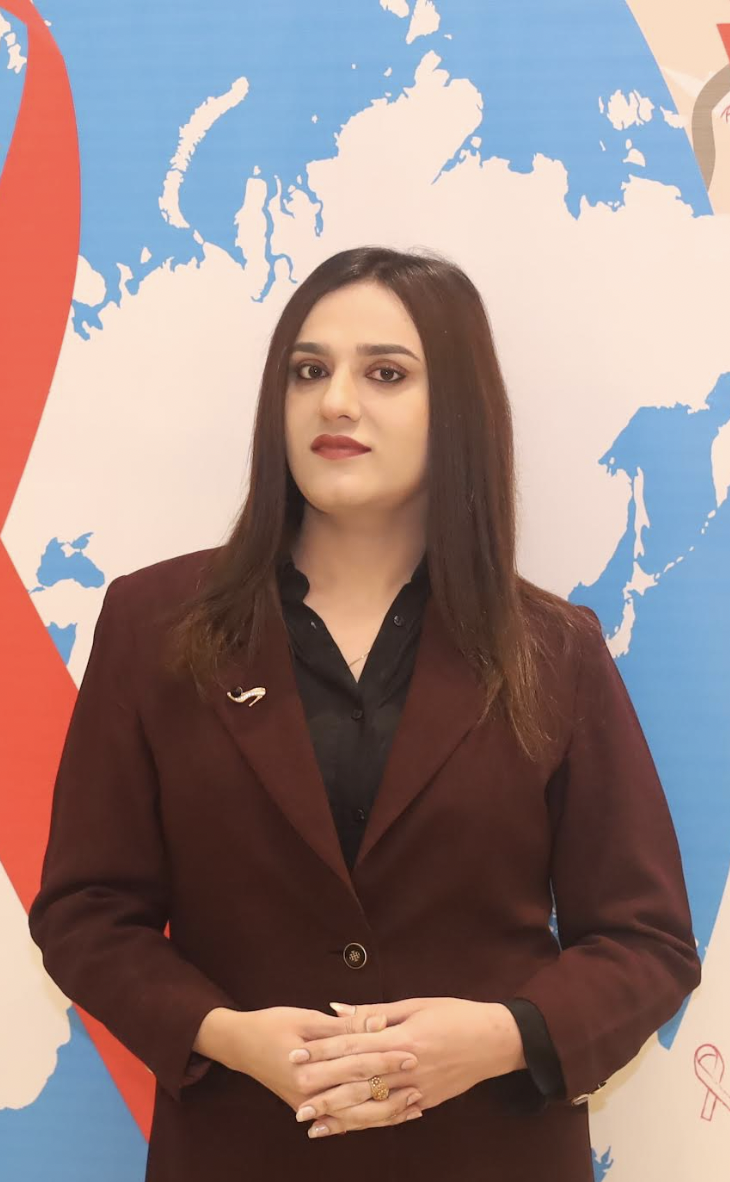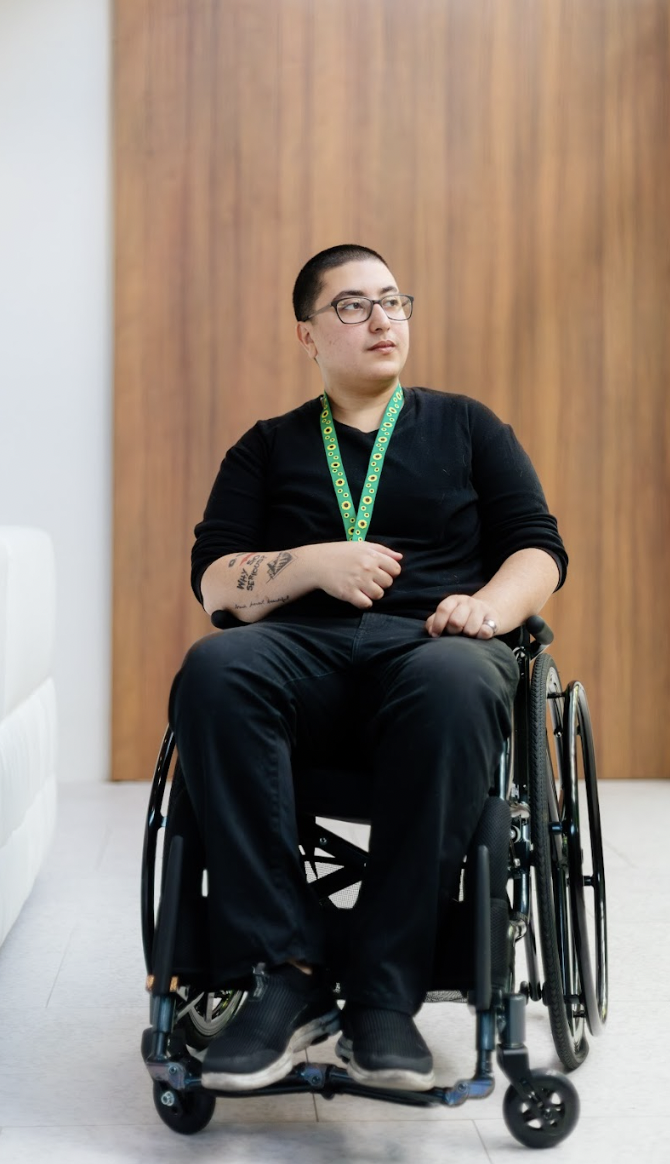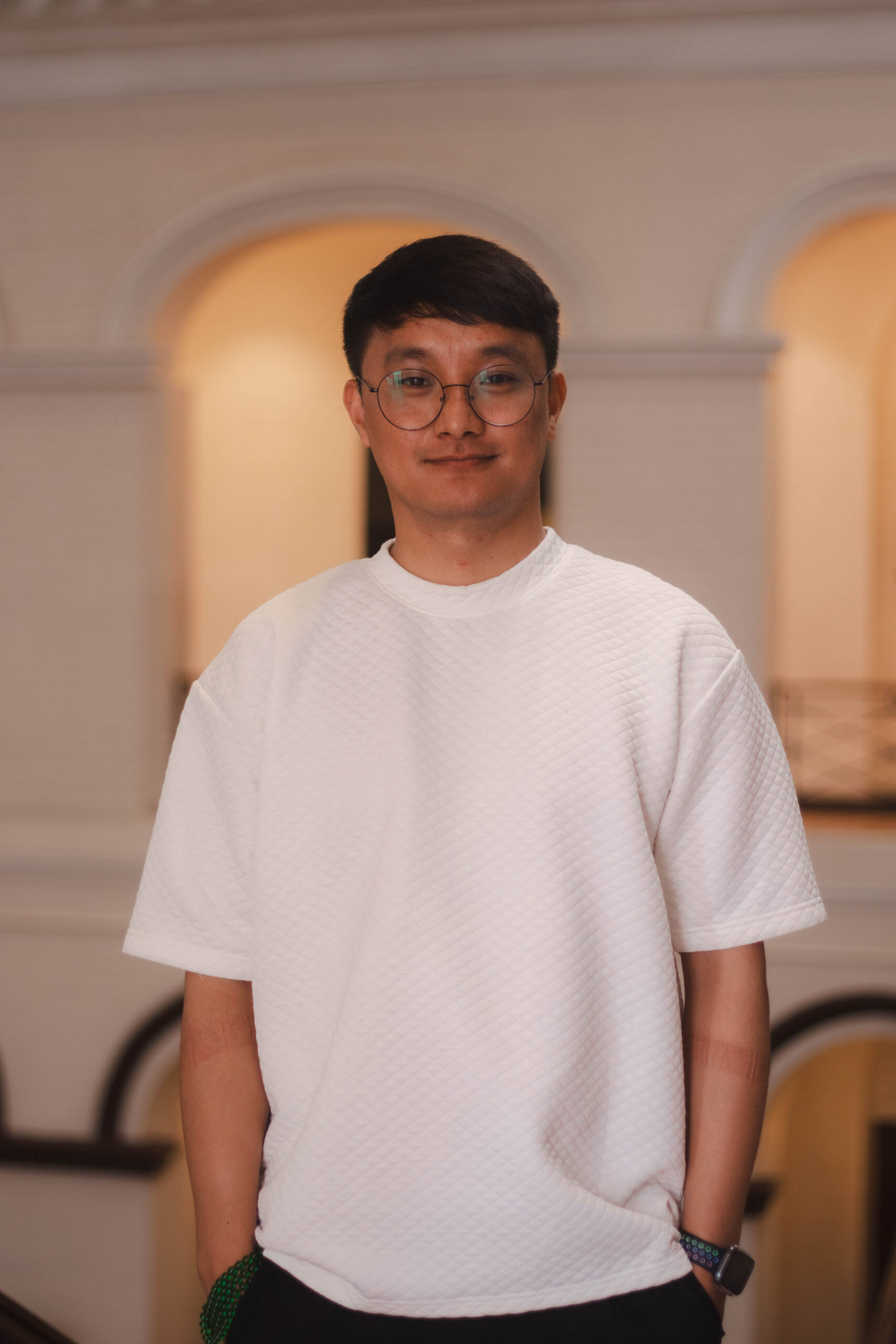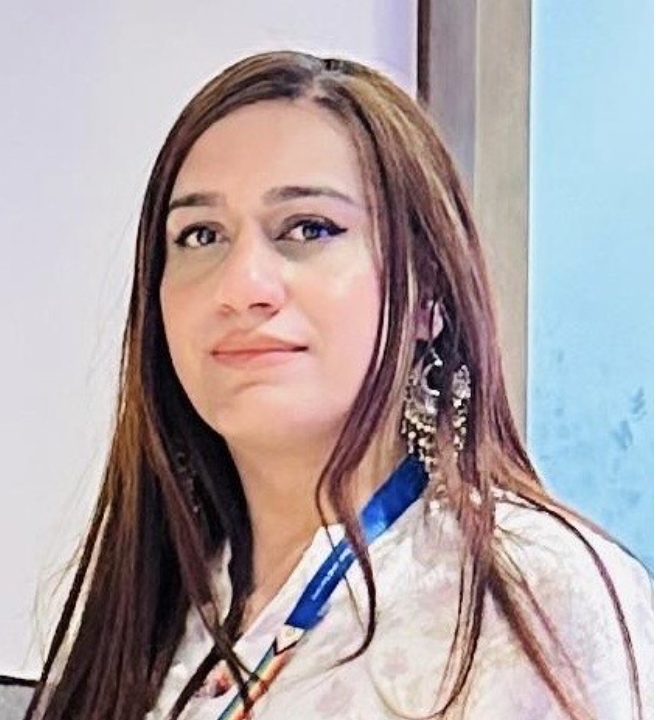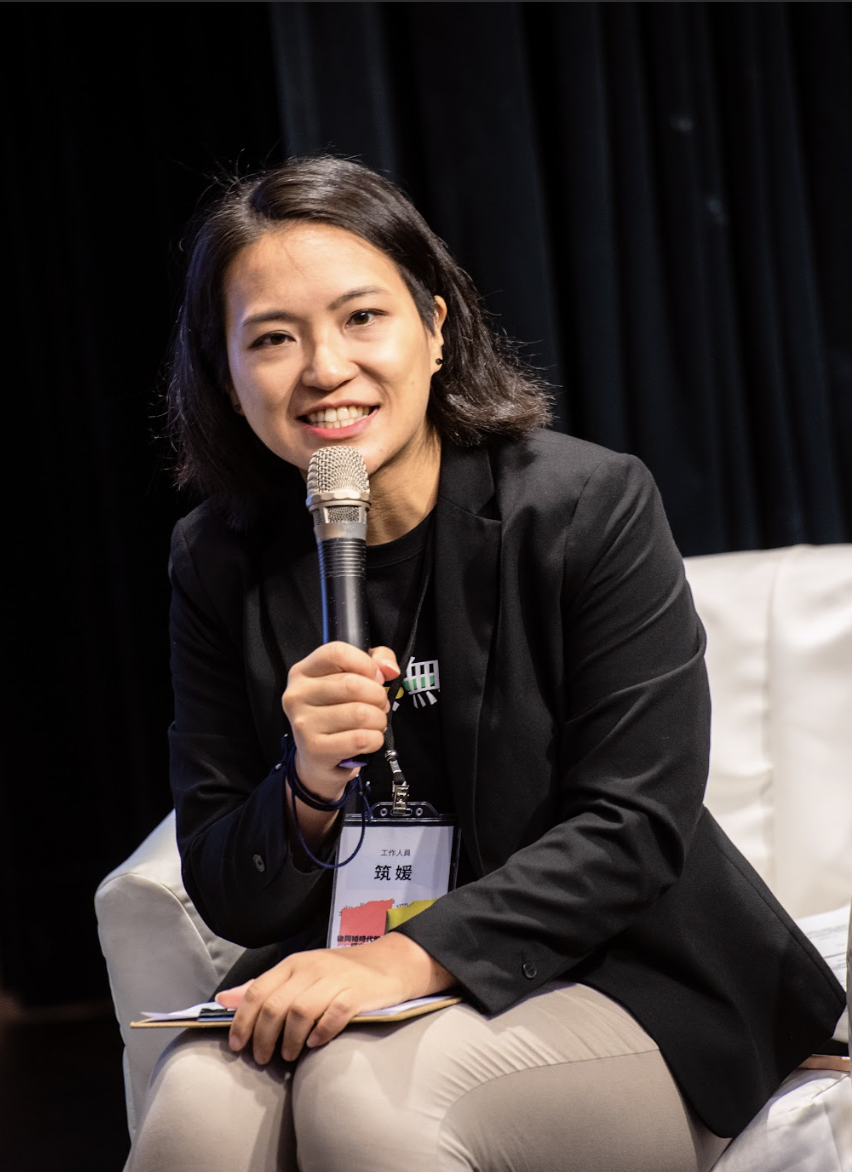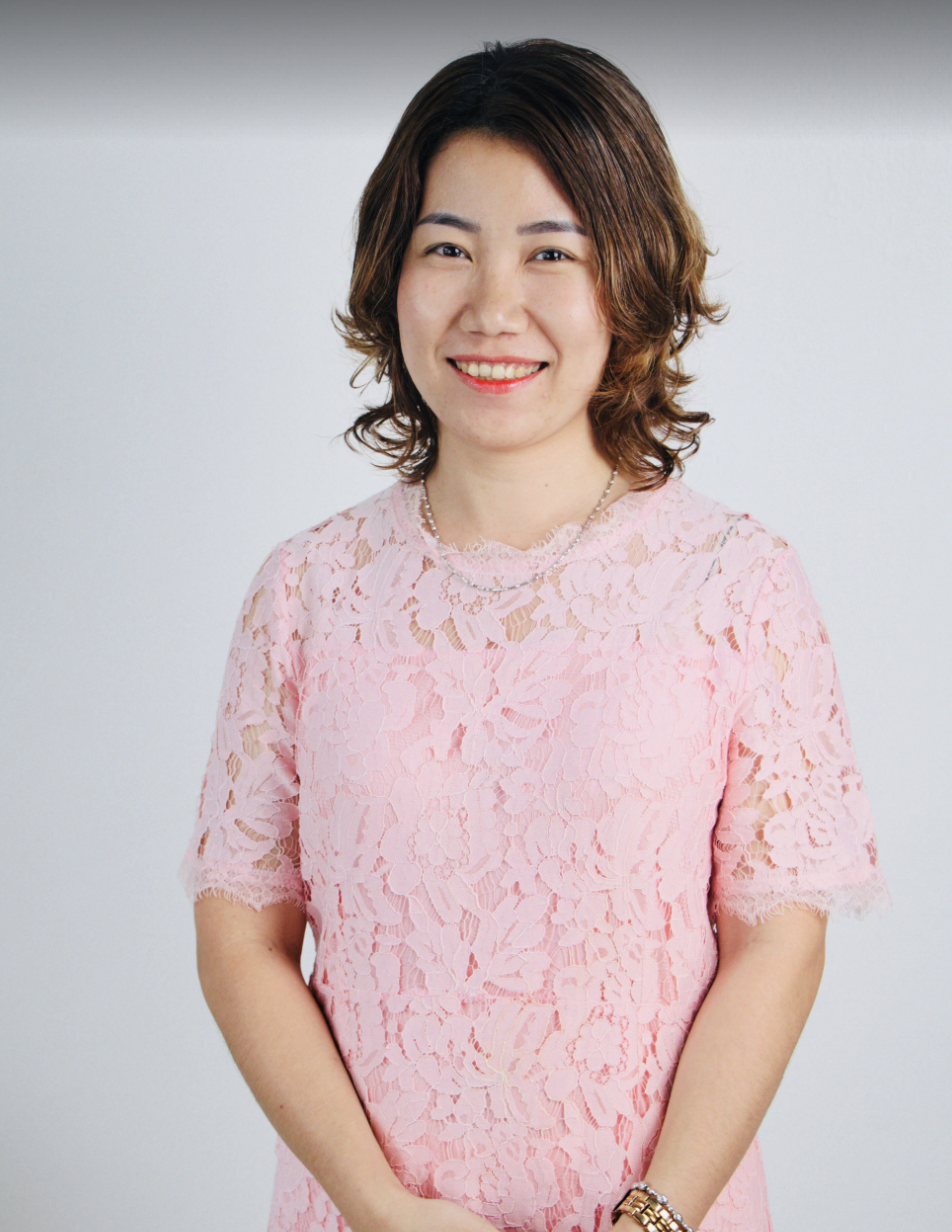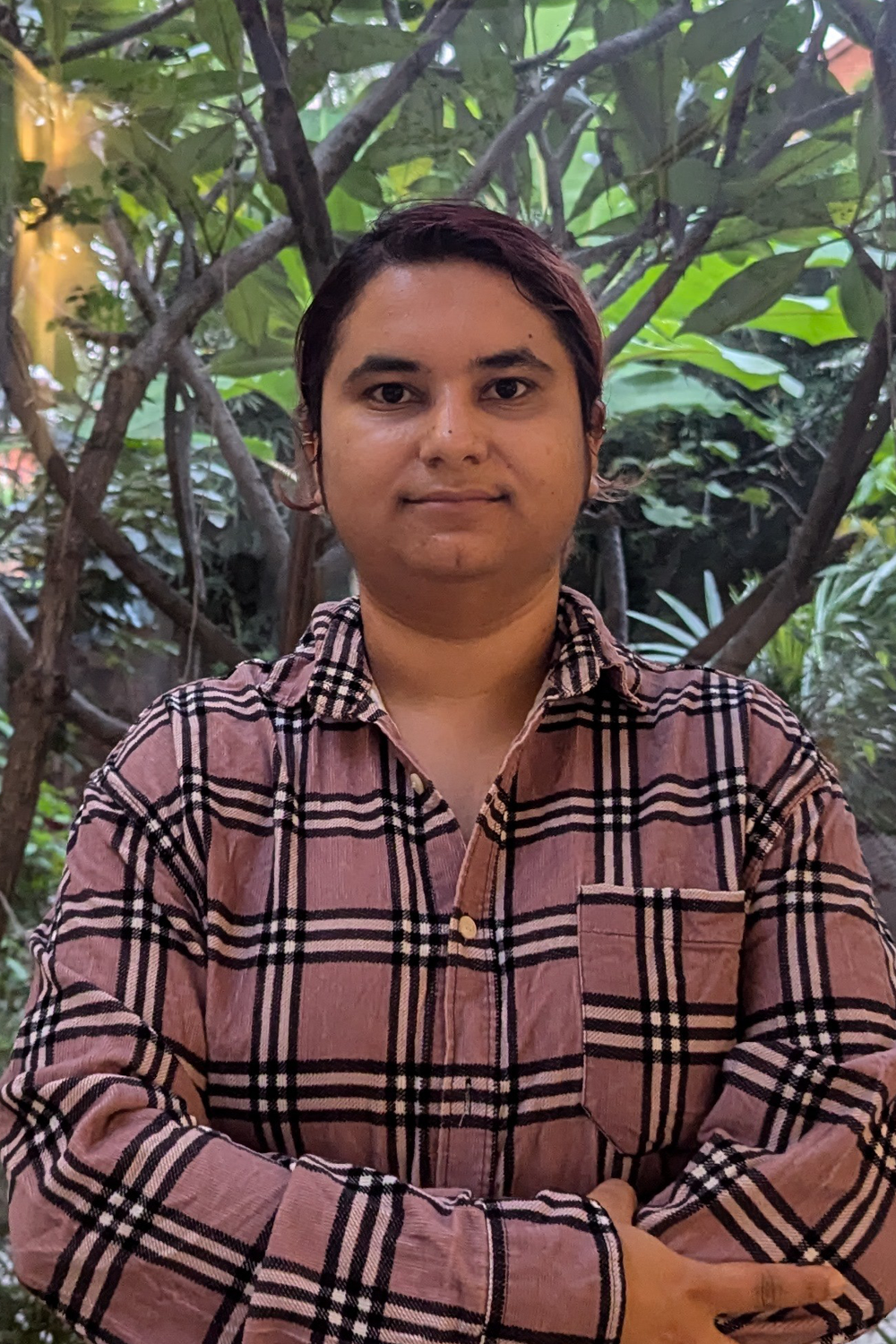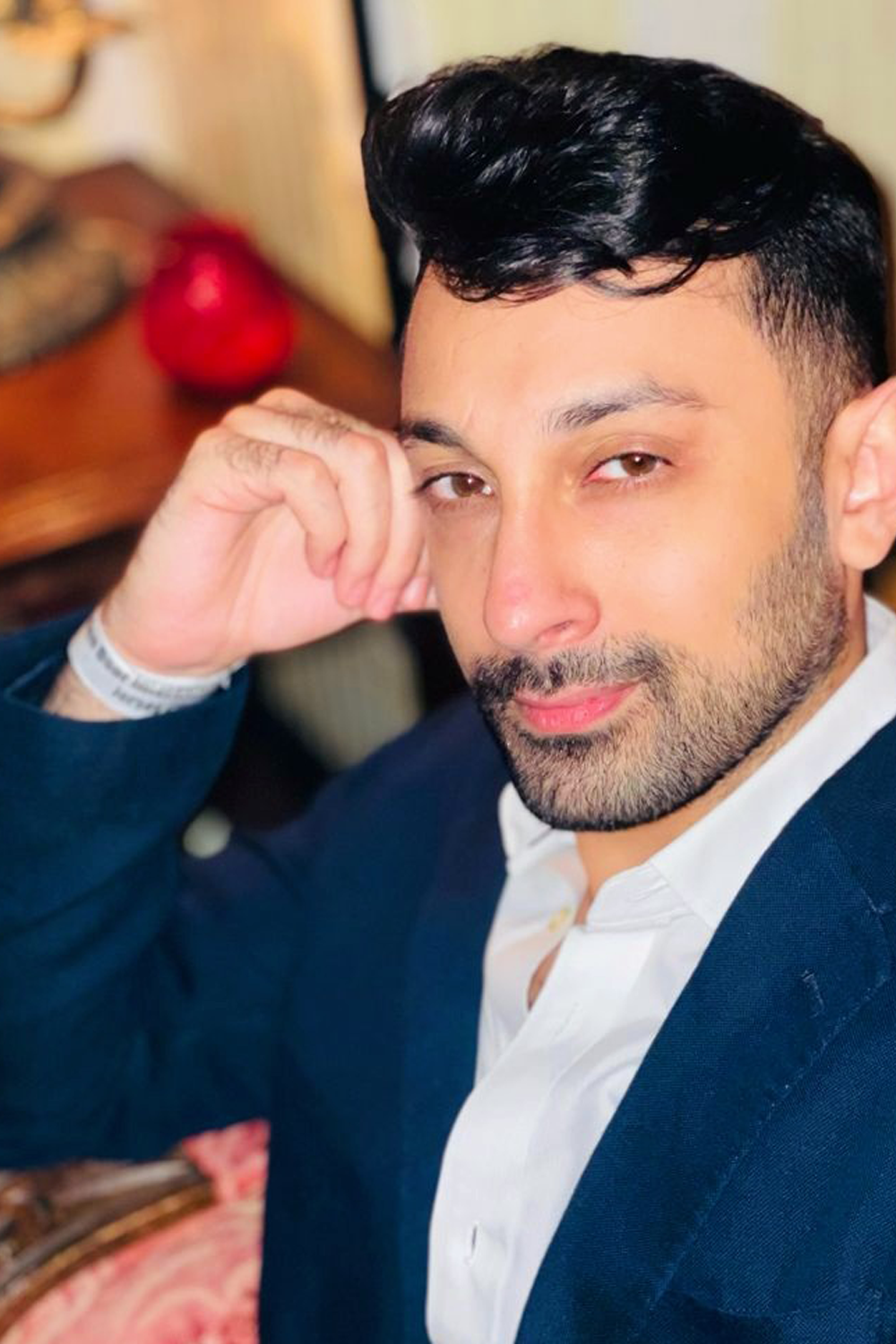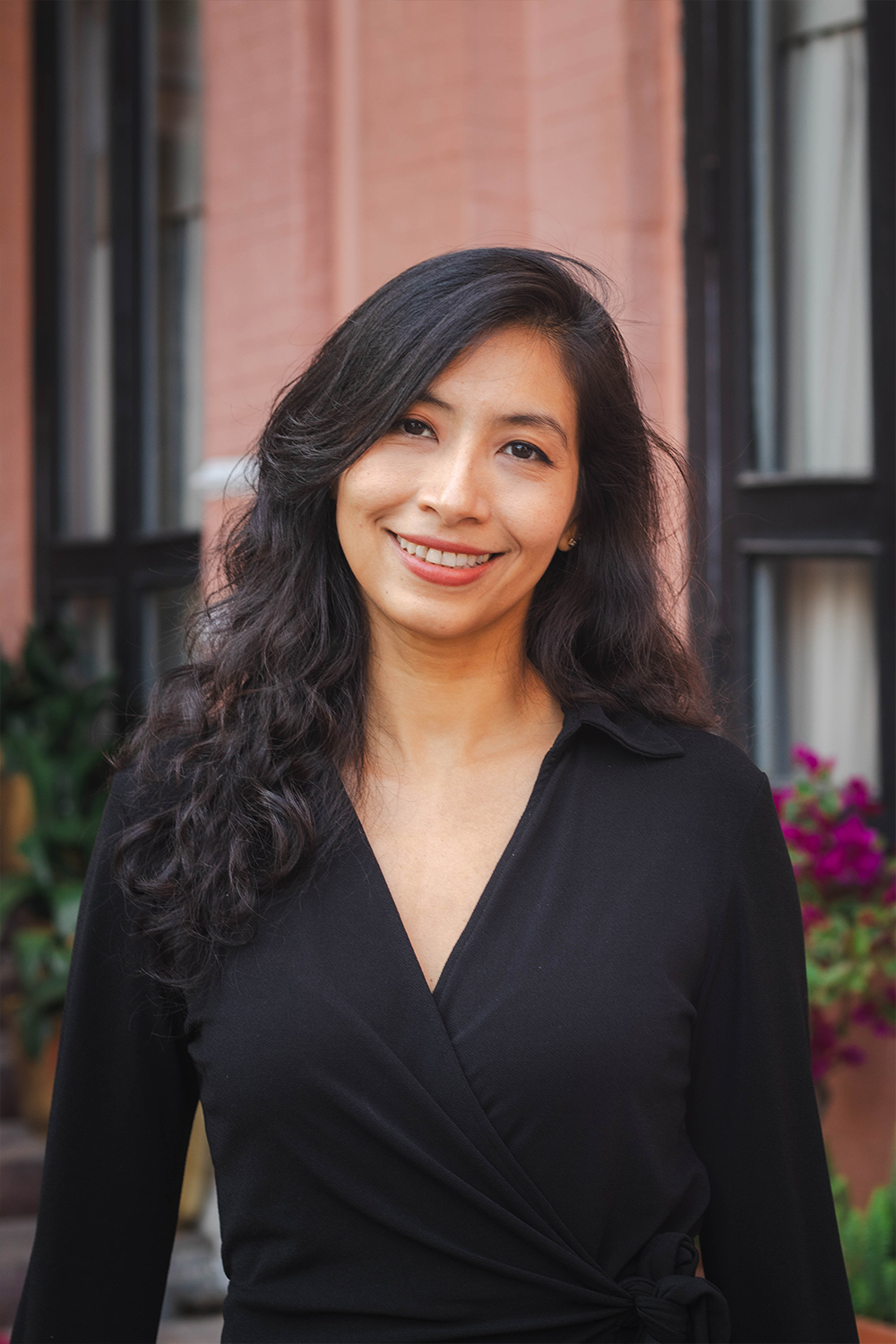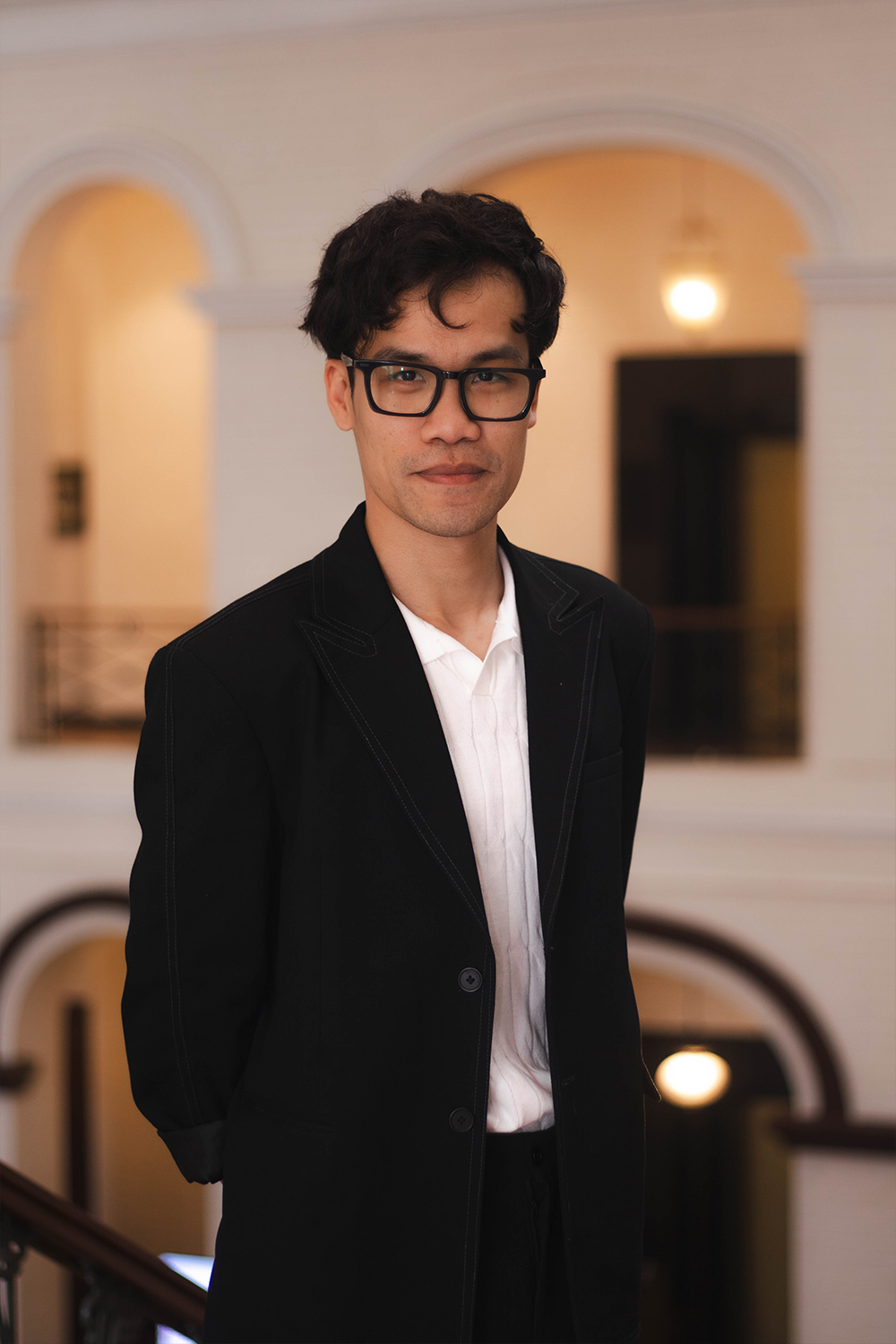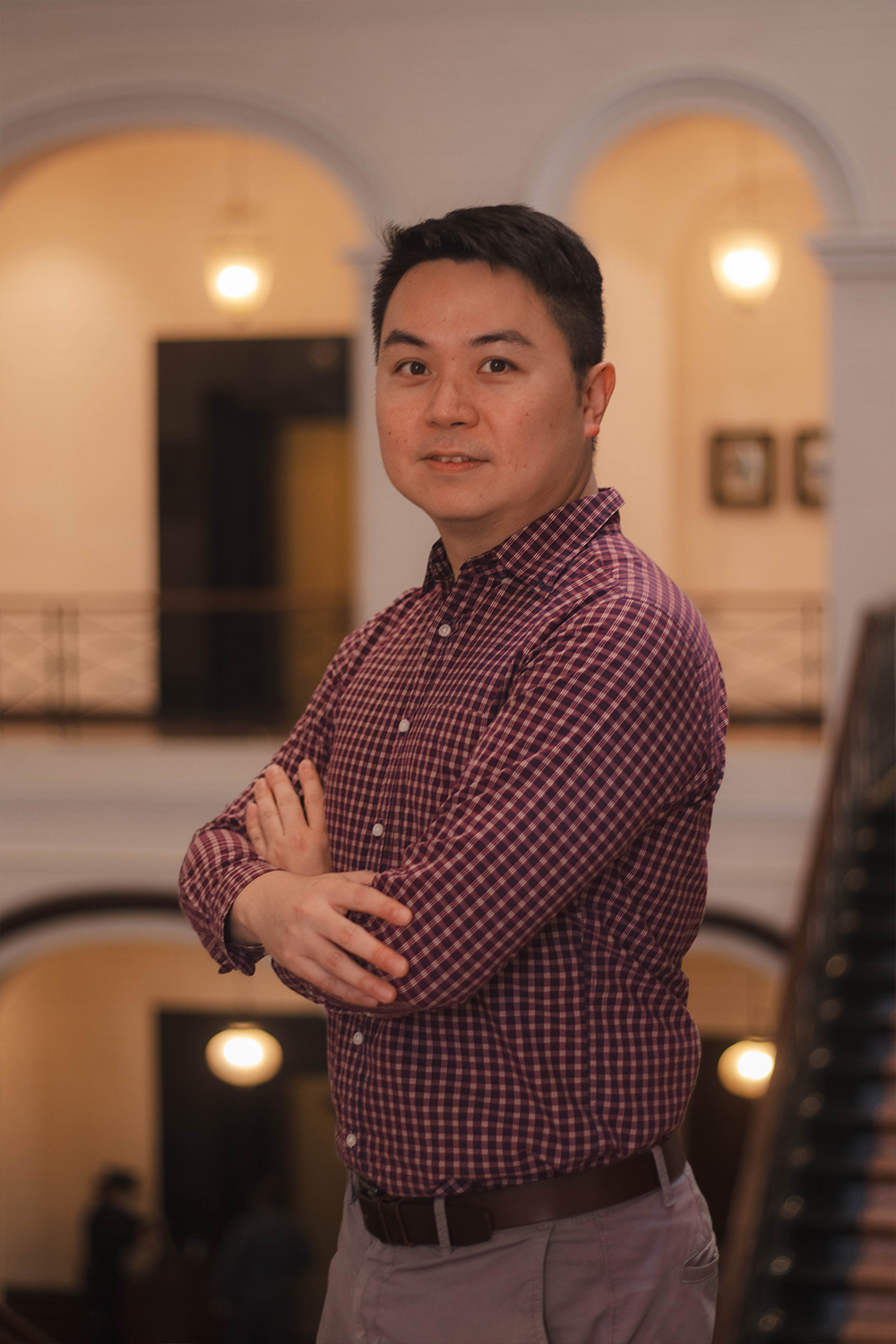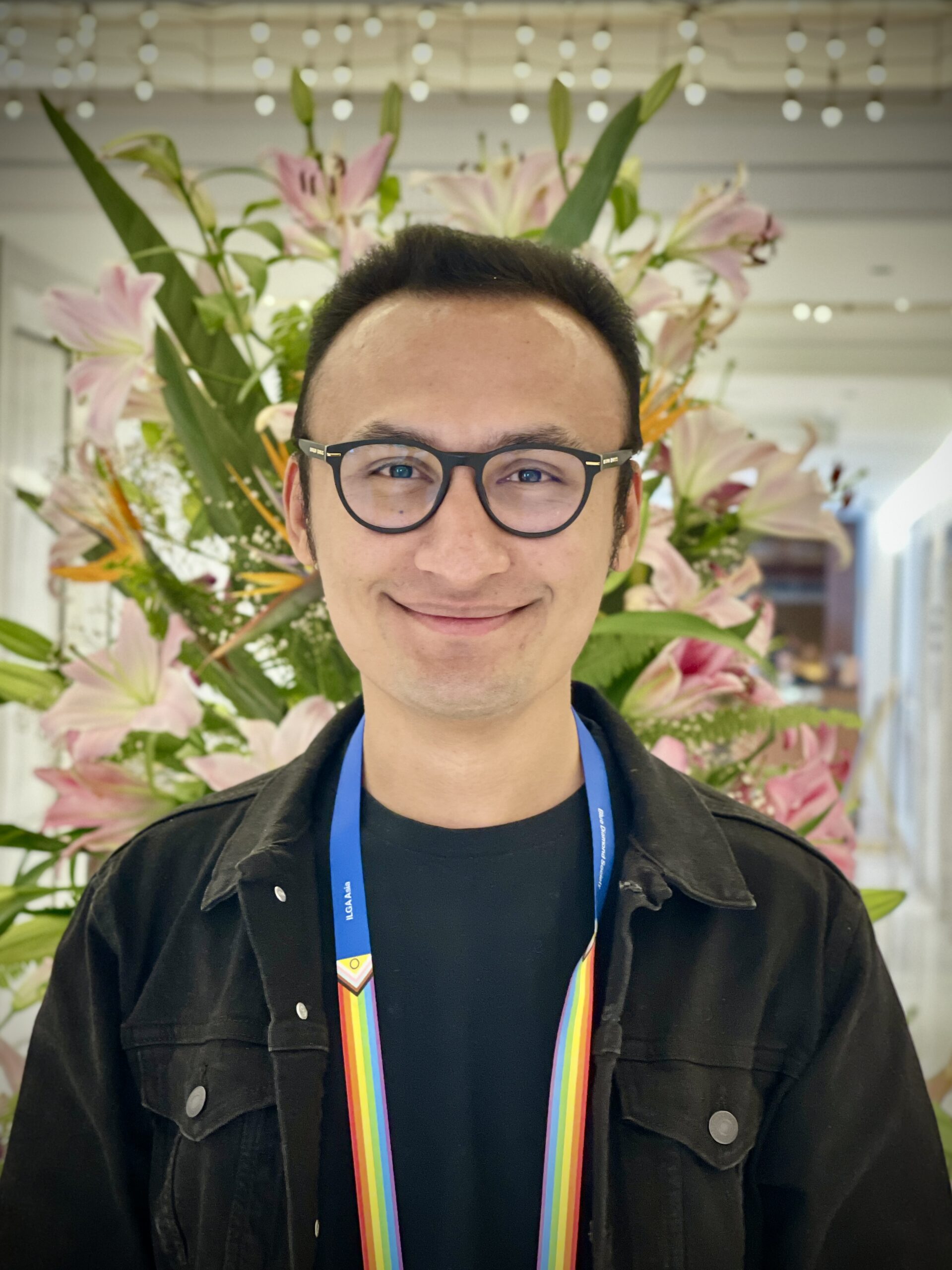In a commendable stride towards promoting social inclusion of lesbian, gay, bisexual, asexual, transgender and intersex individuals, the Tamil Nadu state government has proposed a draft policy with various positive recommendations, including the constitution of a State Commission for Sexual and Gender Minorities. The state of Tamil Nadu has been a pioneer in introducing and successfully implementing several schemes for the welfare of transgender persons and was the first state in India to establish a Transgender Welfare Board. The new draft policy aims to create a more inclusive and enabling environment for the entire LGBTIQA+ community by making a conscientious effort to combat discrimination and violence as a necessary first step.
One of the most pertinent aspects of the draft policy is the proposed implementation of horizontal reservation for transgender and intersex persons in education and employment. This is a welcome step towards affirmative action for the empowerment of transgender persons and has been a consistent demand of the community for years.
“Tamil Nadu is the first state in India to develop a unified policy covering sexual orientation, gender identity and sex characteristics, based on a recent Madras High Court directive. This is important because critical sensitisation interventions for inclusive education, healthcare and employment require understanding of sexual, sexuality and gender diversity. At the same time, recognising the added vulnerabilities of trans and intersex individuals, provisions such as horizontal reservations and free land allocation are proposed only for transgender and intersex individuals,” said Dr. L. Ramakrishnan, from the NGO SAATHII and a member of the policy drafting committee.
The government has recently announced that it will cover all educational expenses, including tuition and hostel fees, for transgender individuals who want to pursue higher education. Further, the draft policy aims to impose restrictions on transgender individuals being terminated from employment based on identity. In the recent past, transgender individuals have been unfairly terminated from their jobs after undergoing gender-affirmative surgery. The draft policy also recommended measures for protection from bullying and abuse of LGBTIQA+ and gender-nonconforming individuals in educational institutions and the promotion of gender-neutral restrooms and hostels..
Further, in an effort to promote improved access to justice, the policy reiterates the Home Ministry’s advisory on provision for separate cells and bathrooms for transmasculine and transfeminine inmates in prisons. Research indicates that transgender persons face harassment, discrimination and violence in prison settings by prison staff as well as other inmates. The draft policy addresses these challenges by suggesting the need for infrastructure improvements and implementing inclusive prison policies and practices. The draft policy also aims to improve access to sexual and reproductive healthcare for lesbian, bisexual, queer and gender-diverse women, as well as transmasculine persons, by directing healthcare professionals to undergo sensitisation and practice empathy while engaging with patients.
Further, the draft policy aims to offer LGBTIQA+ individuals protection from natal family violence, including from abusive practices such as ‘corrective rape’ and conversion therapy by medical professionals and faith healers, expanding the recent National Medical Commission advisory declaring conversion therapy by medical professionals o be professional misconduct. Further, in an attempt to recognise and validate relationships beyond the heteronormative framework, the draft policy aims to facilitate the legal recognition of queer relationships through the ‘Deed of Familial Association’ as directed by the Madras High Court in a recent caseinvolving a lesbian couple seeking a protection order from the court. While the deed will protect against harassment by natal families and the larger society, the deed will not give the contracting individuals the legal status or rights flowing from a marriage or a civil union. This is particularly significant in light of the disappointing outcome of the marriage equality case in Supriyo @ Supriya Chakraborty & Anr. v Union of India, where the Supreme Court held that there was no constitutional right to marry or enter into civil unions for queer couples in India.
“Queer couples in India continue to live in an environment of fear in the absence of legal recognition for same-sex marriages or civil unions. An inclusive and alternative mechanism like the ‘Deed of Familial Association’ would provide necessary relief to queer couples from familial violence. It could also be useful in allowing couples to access other socio-economic rights and benefits in the context of housing, healthcare, and so on, while a review petition challenging the Supriyo judgment is pending before the Supreme Court.” – Ajita Banerjie, Senior Research & Policy Officer at ILGA Asia.
ILGA Asia welcomes the draft policy and additional efforts to improve access to justice, promote social inclusion and provide legal protection for LGBTIQ individuals. ILGA Asia remains committed to protecting and promoting the rights of LGBTIQ persons’ rights by adopting robust and inclusive legal frameworks.
For further queries, please contact:
Ajita Banerjie, Senior Research and Policy Officer ([email protected])
Nadine Hassan, Senior Communications Officer ([email protected])
